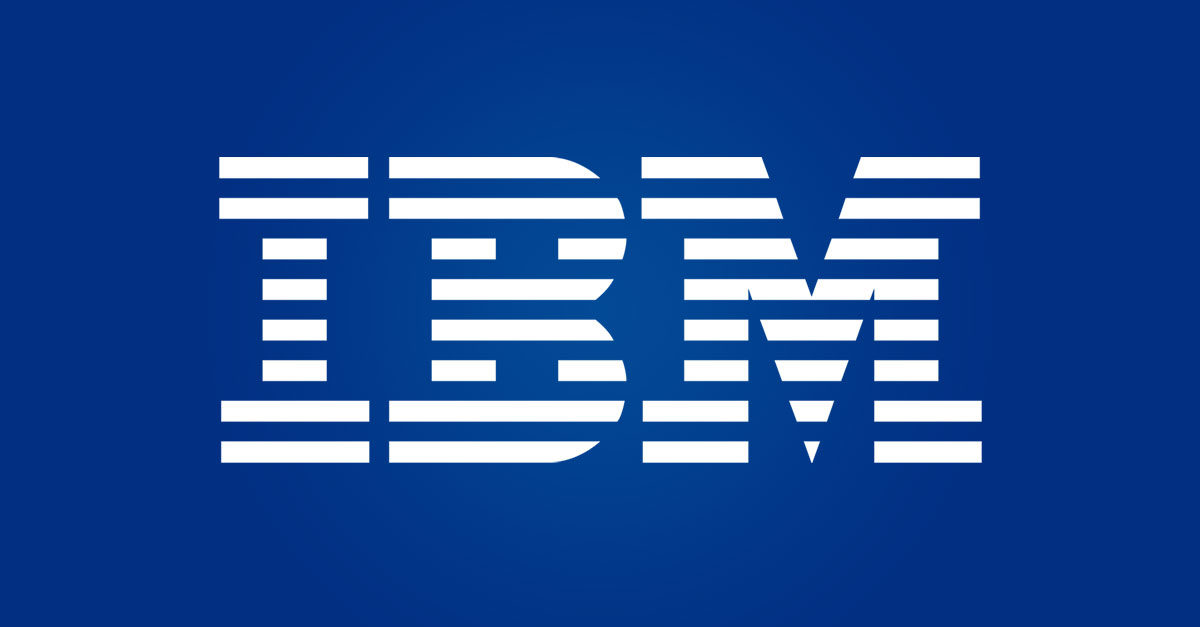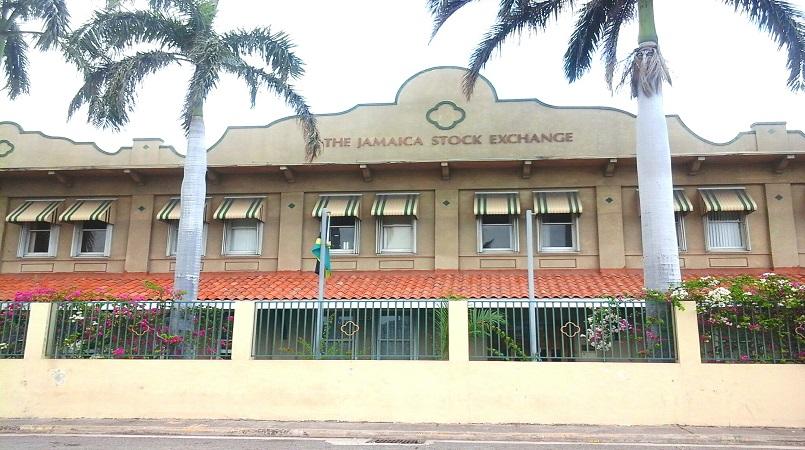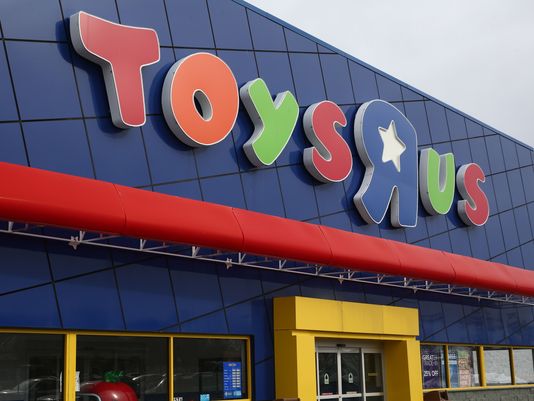China has dominated the media in 2018 and with trade discussions with the U.S still ongoing that is not likely to change for 2019. The country has been taking some hits in the markets recently which is not surprising as China has a lot of interests outside of the homeland. Here are a few factors that have the Chinese market on a wild ride.
Recent Tariffs
The recent Trade War between the US & China have negatively impacted both countries, however, Chinese manufacturers are feeling the hit more as the manufacturing index continues to decline. Toy manufacturers are calling the trade war ‘hell’ as business has slowed down and have taken into consideration moving their plants outside of China and to nearby countries, such as Vietnam, in order to avoid tariffs. Both countries have until March 2019 to come to a final decision in regards to the negotiations, however, if a decision has not been made, Trump will call for a recession, which expert analysts are deeming completely unnecessary. Founder of Cribstone Strategic Macro, Michael Harris in an interview with CNBC’s Squawk says “(Trump) has reduced his negotiating power with China. If we see a resolution on China, which would be crazy for Trump not to pursue that, because if there is a recession in History it will be called the Trump Recession because this is not a required recession.”
World Bank Says No
Despite being the second largest economy in the entire world, China has borrowed over $7.8 billion over the last 3 years. The Trump administration has kept an eye on the borrowing pattern of China and has partnered with the World Bank to properly control what seems to be China’s excessive borrowing. As a nation that lends billions to aid in the development of other countries, lawyers are concerned with how this may impact the economy, “We must end the World Bank’s lending to China, especially at a time when Beijing itself saddling itself with countries with predatory debt on unfair terms. Growing the Chinese economy is not the World Bank’s job.” says Brad Sherman who is a member of the House Financial Services and Foreign Affairs committee.
Apple Woes
The most recent dip in price for Apple is partly due to consumers in Chinese consumers believing that the phone is not worth the ‘high’ prices it is being sold for. Fact is, China makes up approximately 20% of Apple’s global market, so when 20% of your consumers stop buying your products, what are you left with? The undiscounted prices of iPhones have resulted in Huawei becoming the number one vendor in China. The patriotic, Chinese consumers have now adapted to what is being referred to as the ‘Huawei Effect’, not only are they contributing to the growth of a local brand, but the price of Huawei’s products play a significant role in consumer demand. This may boost the overall Chinese market within the next couple of years as Huawei developers aim to produce 5G capable phones within the year, leaving Apple with hopes of producing same by 2020 – “Apple will also be left behind on (the) 5G tech integration curve as Chinese brands will be at least a couple (of) years ahead,” according to research director Neil Shah.
If you liked this article and want to read other great stories, try our Archives. Also if you are new to investing you can try our Investment Basics Blog.
If you want to start investing with SSL but don’t have the time to monitor the market or to conduct the trades yourself then you can choose one of SSL’s managed Financial Planning products. We offer a variety of products for every type of investor and if you are interested in managing online trades yourself and having complete control over your investment portfolio then you can try SSL’s Brokerage account.
Follow us on Facebook, LinkedIn and Twitter please leave us a review.



















